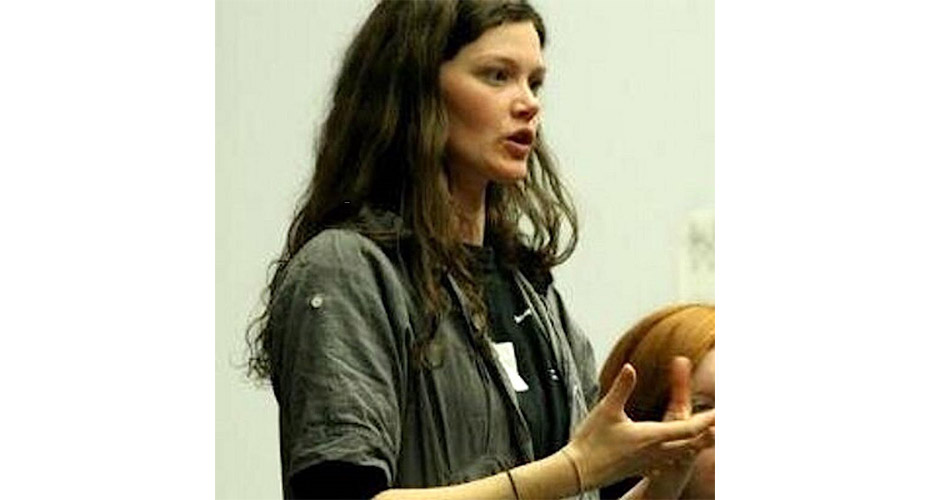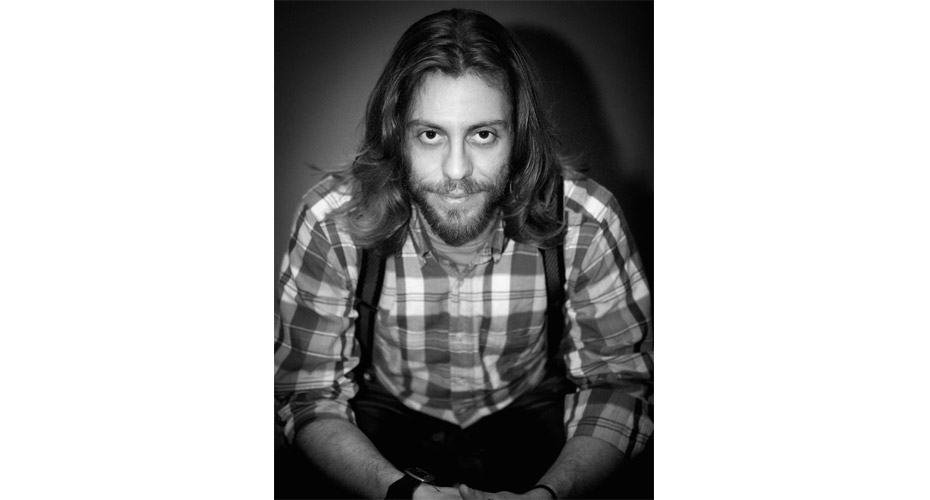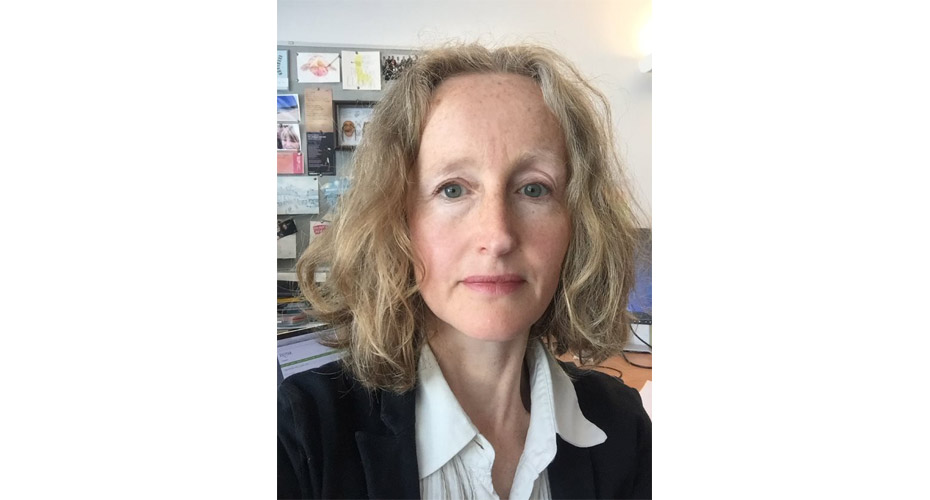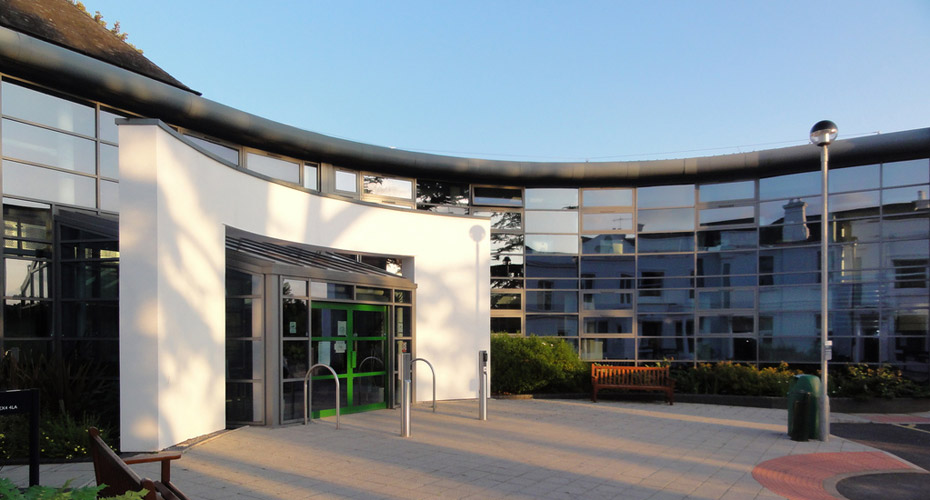Our MA Theatre Practice introduces you to significant international practices and the core aspects of the theatre-maker’s craft: physical and vocal training, ensemble-making and collaboration, dramaturgy, directing and devising, space, props and technology.
Structure of teaching
In Term 1 you will explore the variety, richness and range of such practices, with chances for you to focus on the particular elements of practice that most interest you.
In Term 2 and in your dissertation, you will be able to specialise, deepen and hone your understanding of one or more key areas of practice.
Toolkit development
You will regularly take part in ‘Toolkit’ sessions with visiting specialists, masterclasses and training.
You can gain further skills through a training residency with a professional theatre organisation, allowing you to experience different approaches to performance taught by professionals in the field.
In the second part of the year, you will create and perform a full-length project (solo or ensemble), with support by our expert staff and tech team. If you choose, you can perform your pieces to festivals of theatre work hosted by the University of Exeter, including the T3 Festival and the International Student Theatre Festival.
Praxis and reflective practitioner training
You will encounter key theory readings and engage in critical dialogue about them. As the practical elements increase via project-based learning, you will reflect upon your own practice using these readings, theories and resources.
This opportunity to self-reflect is as valuable for students who come into the MA with a substantive body of practice as it is for students with more limited experience. We value that each learning journey is unique.
Seminar modules and your research
In your theoretical modules, you will examine key topics in contemporary performance and skills for researching a topic of your choosing. In ‘Cultural Adaptation’ you will discuss how performance is made across cultures, and discover theatre-makers, applied-theatre practitioners and theorists influencing international performance. ‘Researching Theatre and Performance’ will introduce you to a range of skills to help you design, prepare and conduct your own research.
For your ‘Dissertation’, you will conduct in-depth research in your chosen area of interest, guided by a supervisor. This can be fully written, or you can select a mixed-mode dissertation: performance and writing, workshops and writing, or work placement and writing.
Assessment
You will benefit from a balanced range of assessments, including presentations, essays, project proposals, annotated bibliographies, and performances. Your learning process throughout the term is an important part of practice-based assessments and is taken into consideration in the marking.















